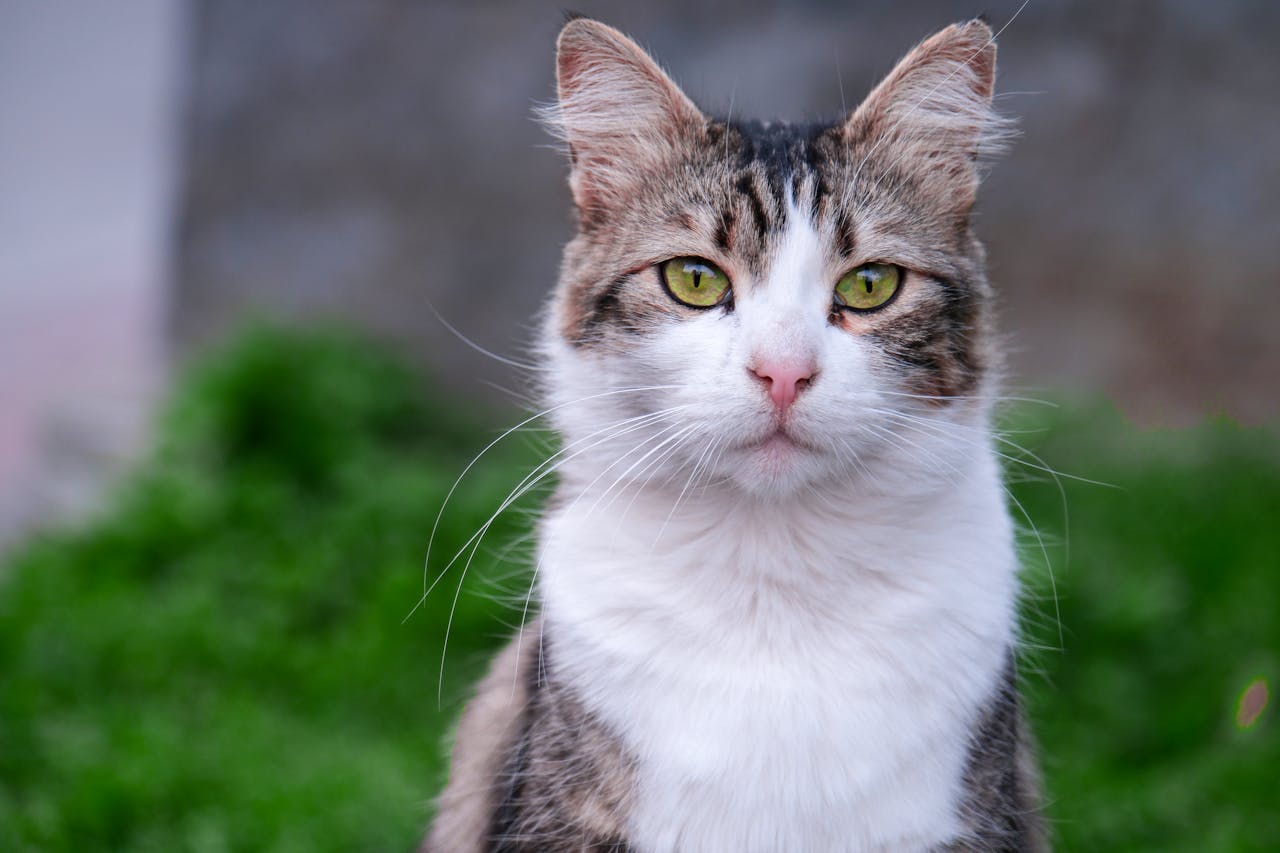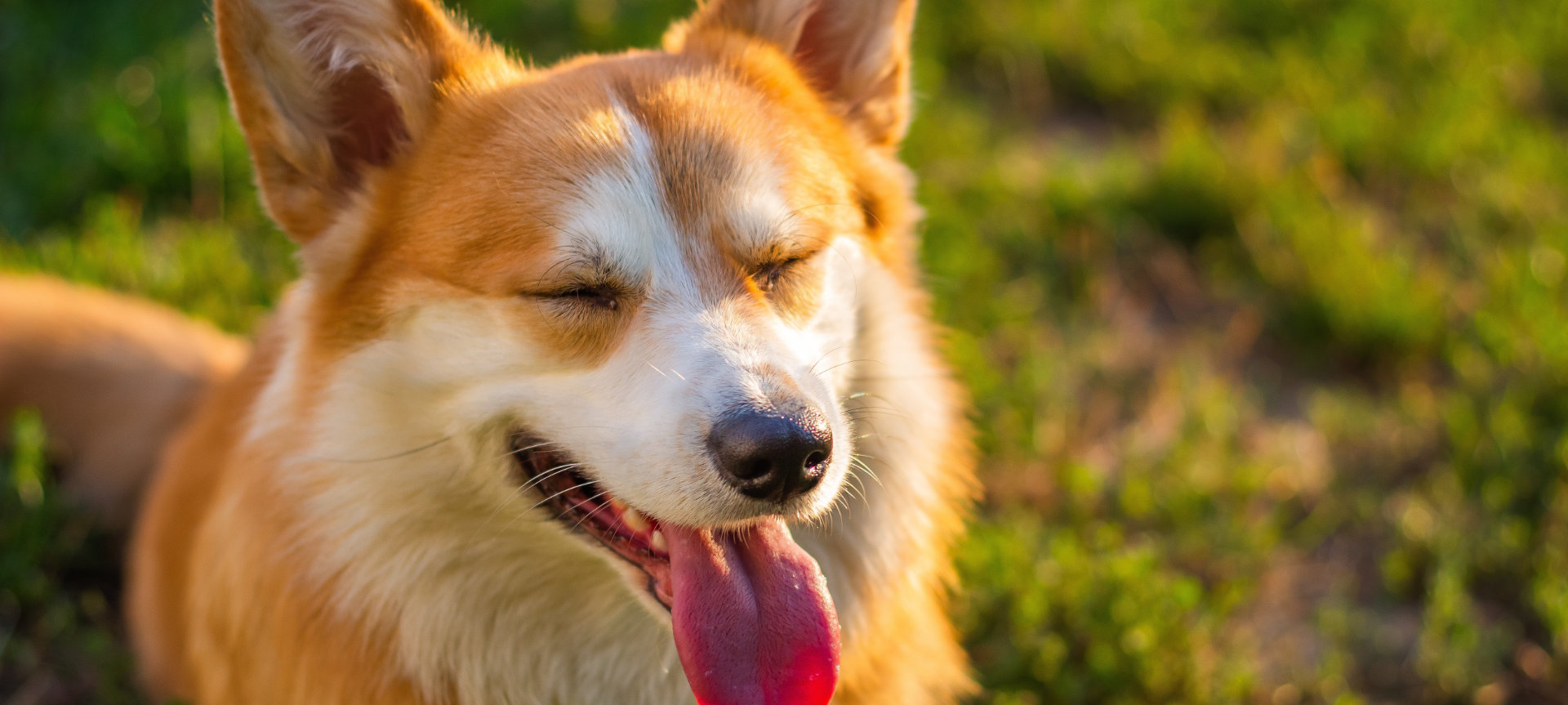
04 Apr Feline Chronic Gingivostomatitis: Symptoms & Treatment Options
Our feline friends bring immense joy and companionship into our lives. However, behind their playful demeanor, they can suffer from severe oral health conditions like Feline Chronic Gingivostomatitis (FCGS). This guide is designed to provide insight into FCGS, including its symptoms, causes, and treatment options, to assist cat owners in navigating this challenging condition.
Understanding Feline Chronic Gingivostomatitis (FCGS)
FCGS is a chronic inflammatory condition that affects the oral tissues of cats, characterized by severe inflammation of the gums (gingivitis) and the lining of the mouth (stomatitis). While the exact cause remains unclear, it is believed to involve an abnormal immune response triggered by factors such as bacteria, viruses, or genetic predisposition.
Recognizing the Signs
FCGS can present with a variety of symptoms, including:
- Painful eating and reluctance to eat
- Excessive drooling and blood-tinged saliva
- Weight loss due to reduced appetite
- Pawing at the mouth and oral discomfort
- Bad breath and decreased self-grooming
- Behavioral changes like lethargy or aggression
Treatment Options for Feline Chronic Gingivostomatitis
- Dental Care:
- Extraction of teeth, particularly full mouth extractions, may be necessary to eliminate the source of inflammation.
- Medications:
- Combining extractions with immunomodulatory therapy, such as corticosteroids or cyclosporine, can help modulate the cat’s immune response and reduce inflammation.
- Antibiotics may be prescribed to control bacterial infections in the oral cavity and alleviate symptoms.
Prognosis and Hope
While FCGS is a lifelong condition, many cats respond positively to treatment and can regain a comfortable, enjoyable life. Early diagnosis and intervention are crucial for effectively managing FCGS. By collaborating closely with veterinarians, pet owners can develop personalized treatment plans tailored to their cat’s unique needs.
Cat Dentist Knoxville
Feline Chronic Gingivostomatitis is a challenging condition that requires comprehensive management to improve the quality of life for affected cats. With proper treatment and support, cats with FCGS can lead fulfilling lives, free from the discomfort and pain associated with this condition.
Photo by Sunrise Digital from Pexels




